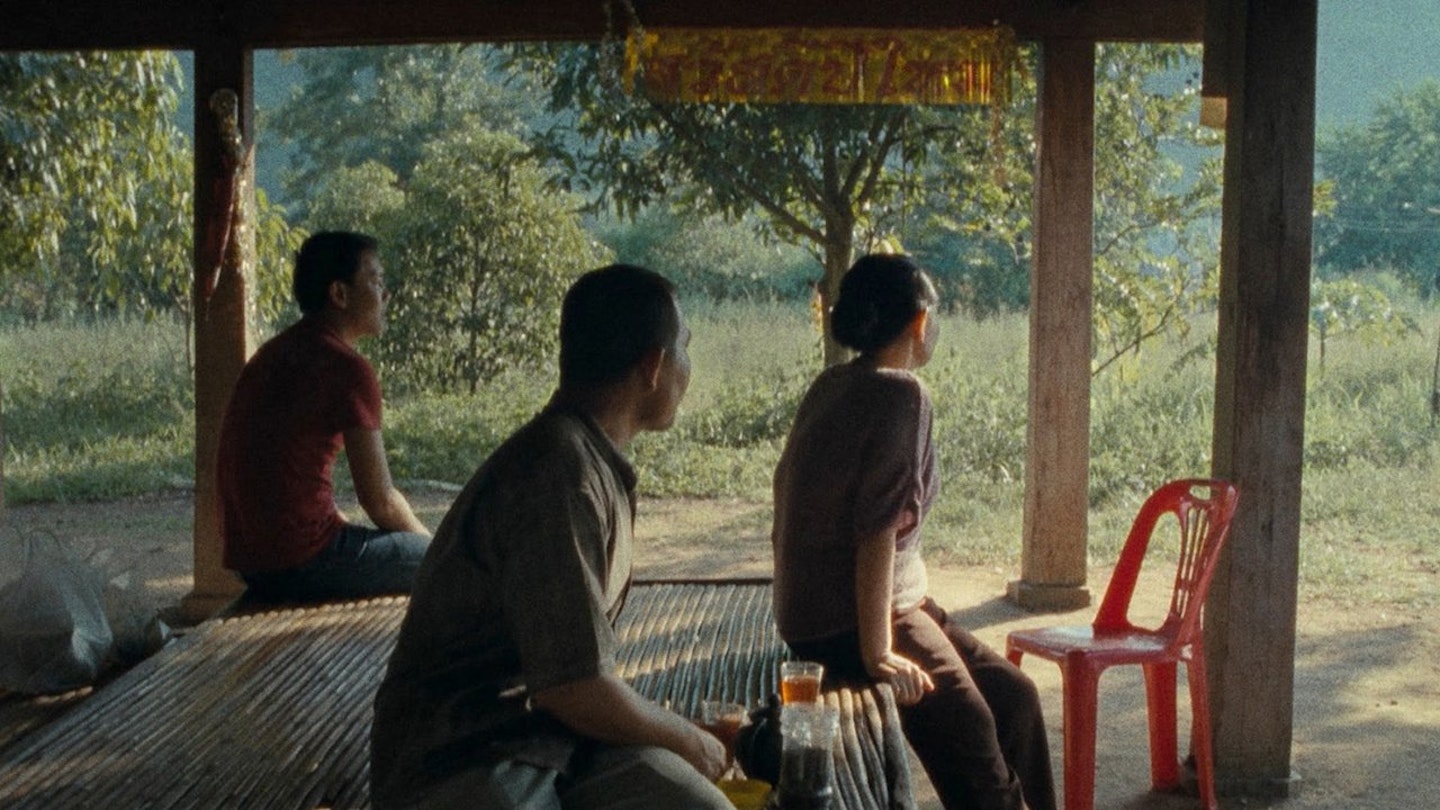Cannes wouldn’t be Cannes without some armpit-fanning controversy, but in an oddly pulse-steadying year, it was left up to 2010’s Palme d’Or winner to get blood circulating. Not one critic backed it. Some greeted it with folded arms. “I have seen it twice,” yawned L’Express’ Eric Libiot. “I was bored twice.” Even president Tim Burton felt the need to justify his choice. “The world is more Hollywood-ised,” he said. “This came from another perspective… something you don’t normally see.”
Sounds like an exotic trinket found on holiday. Why not? Uncle Boonmee — for it is he — is as close to the US movie-going experience as Jupiter is to a bowl of carrots. There’s no narrative logic, no musical score and the drama, if you can call it that, is of the palest tint. It’s destined to divide: you’ll either be embalmed by its slow-motion spell or ponder whether your popcorn’s been Rohypnoled.
That mouthful of a title acts as a succinct plot synopsis. First, we meet Uncle Boonmee on his deathbed in a remote forest hut. As he fades, we recall his past lives. These unfold in a baffling variety; his dead wife appears as a ghost; his lost son emerges from the forest as a red-eyed Sasquatch; and, in an entirely unannounced interlude, a princess enjoys a thundering orgasm with a catfish. All of this plays out in a naturalistic tone verging on the deadpan — on seeing his ghost-wife, the first thing Uncle B. asks is, “Have you eaten?”
Apichatpong Weerasethakul, who may or may not have enjoyed a previous life as today’s Countdown Conundrum, has crafted a film that drifts like mist: all long shots and languid edits, which, when combined with the ambient soundtrack’s constant insect chirruping, causes it to drift through you like an out-of-body experience; its mysterious rhythms are in total harmony with its enigmatic themes of soul transmigration.In the end, it’s a film you feel rather than understand — it zones into your subconscious and, if you grant it access, soaks in and stays there. Those red eyes gazing from the rainforest will follow you into your dreams...
